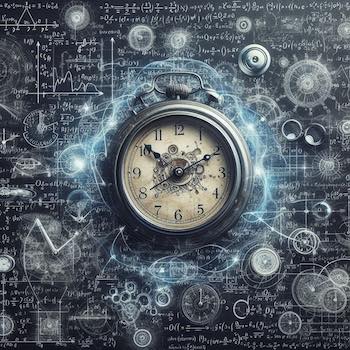Abstract: Virtualism is a wave that overwhelms the real. There is no other reality than the personal one of our mental universe. The metaverse is riding this wave, promising to extend our pseudo-reality rather than replace it. Wouldn’t there be any point in separating the real from the virtual? The article shows that we are intimately designed to make this distinction and that to lose it would be an impoverishment of identity. Virtualism is only the great return of solipsism, in a world never sufficiently controlled so that the independence of the real can be forgotten.
∑meta-answers
‘Nothing’ is an oxymoron Let us return to the metaphysical questions mentioned at the beginning of the previous article. What is the relationship between the real per se and the mental image we construct of it? Why is there something rather than nothing? Do we have free will? Are mathematical objects invented or discovered? These … Read more










